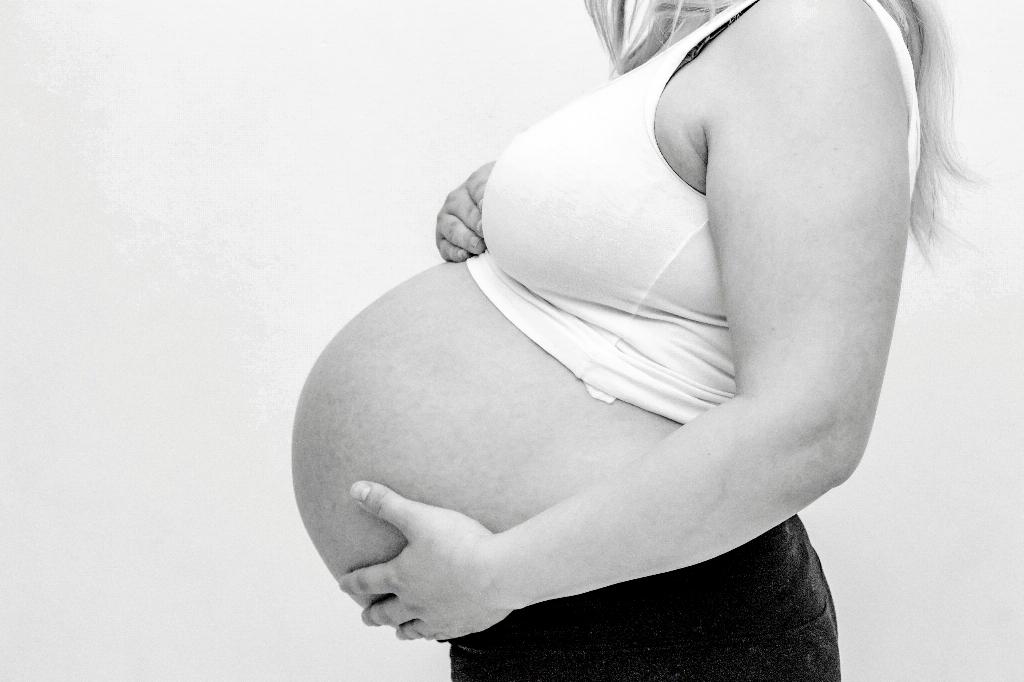Feeling your baby move for the first time is an incredible milestone in pregnancy. At 13 weeks, some mothers may start experiencing the early fluttering movements of their baby, a phenomenon known as quickening. These initial movements can often be subtle and are commonly compared to gentle flutters or bubbles in the abdomen. While it may be challenging to differentiate between gas and the baby’s movements at first, over time, you will begin to recognize a distinct pattern.
Quickening typically occurs between the 13th and 16th weeks of pregnancy for many women. Every pregnancy is unique, and the timing of when you first feel your baby kick can vary. Factors such as the position of the placenta, the mother’s body weight, and whether it’s a first or subsequent pregnancy can all play a role in when those first movements are perceived.
As your baby grows and develops, their movements will become more pronounced and frequent. What starts as gentle flutters may progress to defined kicks, punches, and rolls as your baby becomes more active in the womb. These movements are not only signs of your baby’s increasing strength and coordination but also serve as reassurance of their well-being.
It’s important to note that if you haven’t felt any movement by 24 weeks, you should contact your healthcare provider. While every pregnancy is different, a lack of fetal movement could sometimes indicate an issue that needs to be addressed. Regular prenatal check-ups and monitoring your baby’s movements can help ensure a healthy pregnancy.
Factors such as the position of your baby, the amount of amniotic fluid, and your own activity level can all influence how and when you feel those first movements. As your pregnancy progresses, you may notice that certain activities, like eating or lying down, can cause an uptick in movement from your baby. This increased awareness of your baby’s patterns is a beautiful way to bond with your little one before they even enter the world.
While feeling your baby move can be an exciting and reassuring experience, it’s essential to remember that the sensation of fetal movements can vary greatly from person to person. Some mothers may feel their baby’s movements sooner or more distinctly than others, and all of these variations are normal and part of the diverse tapestry of pregnancy.
Keep in mind that as your pregnancy progresses, you will become more attuned to your baby’s movements and patterns. Taking the time to relax, lie down, and pay attention to those subtle flutters and kicks can create a profound sense of connection between you and your growing baby. Cherish these moments and trust in the incredible journey of pregnancy and motherhood.
In conclusion, feeling your baby move at 13 weeks is a remarkable experience that marks the beginning of a beautiful bond between you and your little one. While the sensations may start as delicate flutters, they will evolve into more distinct movements as your baby continues to grow and thrive in the womb. Embrace each kick, roll, and wiggle as a sign of your baby’s vitality and presence, and cherish the opportunity to connect with your unborn child in this unique and special way.

